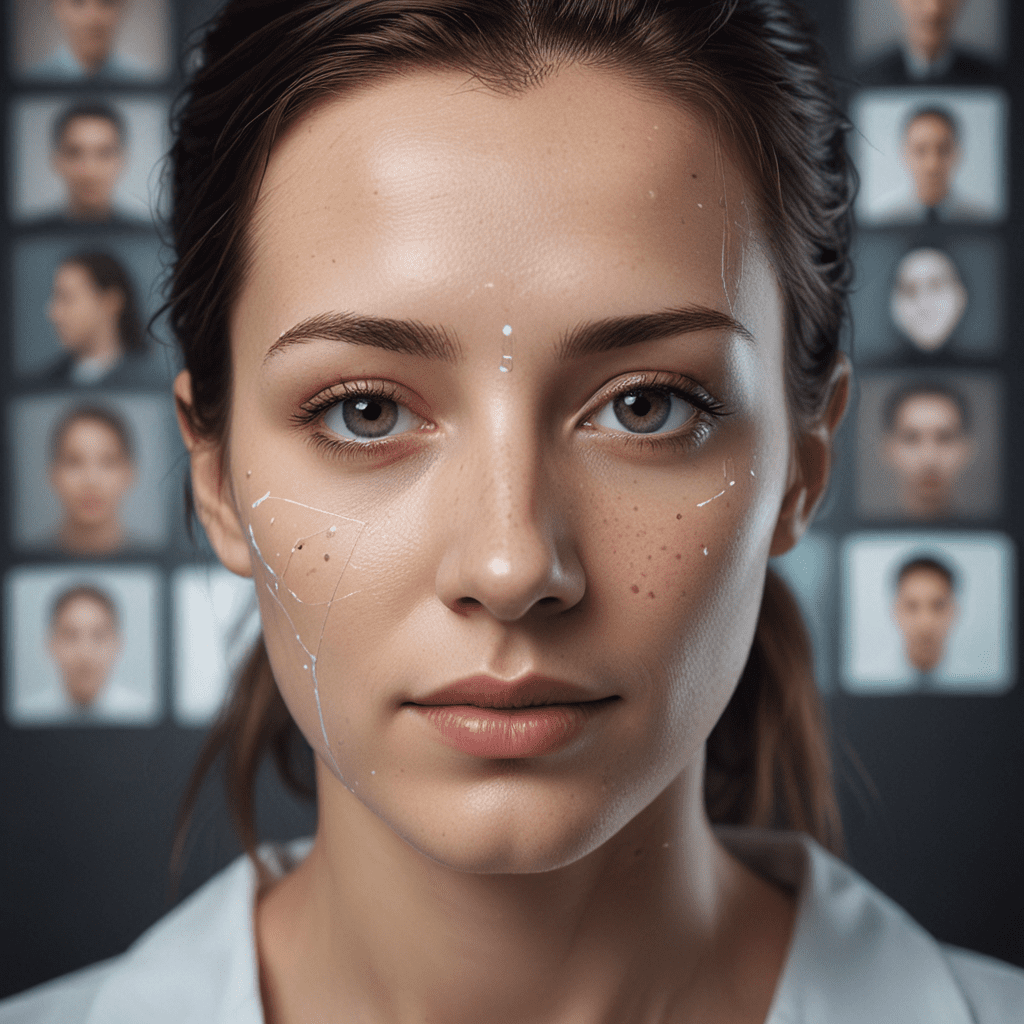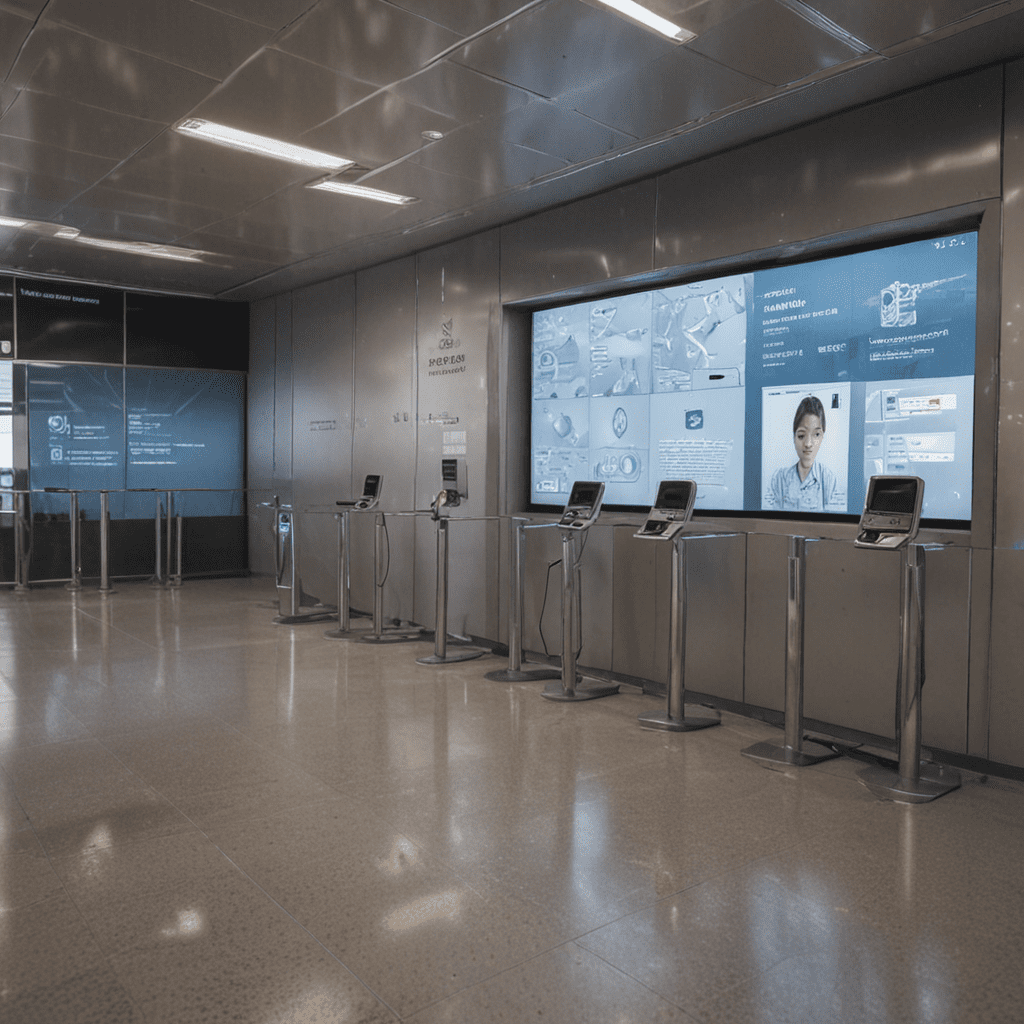
1. Introduction to Facial Recognition in Healthcare
Facial recognition technology has gained significant traction in recent years, offering transformative applications across various sectors, including healthcare. By leveraging advanced algorithms and computer vision techniques, facial recognition systems can analyze and match facial features to facilitate identification and authentication. In the healthcare realm, this technology holds immense potential to enhance patient care, improve operational efficiency, and drive innovation.
2. Patient Identification and Tracking
One of the most crucial applications of facial recognition in healthcare is in patient identification and tracking. Traditionally, hospitals and clinics have relied on manual or card-based methods to verify patient identities, leading to errors and inefficiencies. Facial recognition offers a secure and contactless solution by enabling quick and accurate identification of patients at various touchpoints throughout their healthcare journey, from registration to discharge.
3. Remote Health Monitoring and Telemedicine
Facial recognition plays a significant role in remote health monitoring and telemedicine platforms. By integrating facial recognition with video conferencing applications, healthcare professionals can remotely authenticate patients and ensure their identities during virtual consultations, providing greater convenience and accessibility for individuals seeking medical care from the comfort of their homes. This technology empowers patients to connect with their healthcare providers anytime, anywhere.
4. Automated Medical Assessment and Diagnosis
The advancements in facial recognition have opened up avenues for automated medical assessment and diagnosis. Facial recognition systems can be trained to identify specific facial features and patterns associated with certain medical conditions or health indicators. This technology holds the potential to provide early detection, monitoring, and automated screening for diseases such as autism, Down syndrome, and Alzheimer's, empowering healthcare providers with valuable insights for timely interventions and personalized treatment plans.
5. Access Control and Security
Access control and security in healthcare facilities are paramount to ensuring the safety of patients and staff. Facial recognition offers a robust and convenient access control system, as it eliminates the need for physical keys or cards. By identifying and authenticating authorized individuals while restricting unauthorized access, facial recognition enhances the security of sensitive areas like pharmacies, patient records, and restricted zones within hospitals and clinics, providing a safer environment for all.
6. Medication Administration and Management
Facial recognition can revolutionize medication administration and management in healthcare. By integrating facial recognition with electronic health records (EHRs), healthcare providers can ensure that the right patient receives the correct medication at the right time. The technology eliminates the risk of medication errors by accurately identifying patients and matching their facial features to their prescribed medications. This enhanced accuracy not only improves patient safety but also streamlines medication administration processes, freeing up healthcare professionals for more critical tasks.
7. Personalized Healthcare and Tailored Interventions
Facial recognition has the potential to empower personalized healthcare and tailored interventions. By analyzing facial expressions and micro-expressions, facial recognition systems can detect subtle changes in a patient's emotional state or physical condition. This information can be used to provide personalized support, identify potential health concerns, and tailor interventions to individual needs. Facial recognition can also be leveraged to collect data on patient behavior and preferences, enabling healthcare providers to develop more effective and targeted interventions, ultimately improving patient outcomes.
8. Research and Innovation
Facial recognition serves as a catalyst for research and innovation in healthcare. By providing accurate and reliable patient identification, facial recognition facilitates the collection of vast amounts of data for research purposes. This data can be used to study disease patterns, identify risk factors, and develop new diagnostic and therapeutic approaches. Facial recognition also opens up avenues for exploring novel applications in healthcare, such as emotion recognition for mental health assessments and real-time monitoring of vital signs for remote patient care.
9. Ethical Considerations and Regulations
The use of facial recognition in healthcare raises important ethical considerations and regulatory concerns. It is crucial to ensure the responsible and ethical implementation of this technology while safeguarding patient privacy and data security. Regulatory frameworks must be developed to address issues such as informed consent, data protection, and potential biases in facial recognition algorithms. Healthcare organizations must prioritize transparency and accountability in the use of facial recognition, ensuring that it aligns with ethical principles and patient rights.
10. Future Directions and Applications in Healthcare
The future of facial recognition in healthcare is promising, with numerous potential applications on the horizon. As technology continues to advance, facial recognition systems will become more accurate, efficient, and accessible. Healthcare providers will be able to leverage facial recognition for a wider range of tasks, including automated triage, virtual reality-based therapy, and personalized health coaching. By embracing the transformative power of facial recognition, healthcare can become more proactive, personalized, and accessible, ultimately improving patient outcomes and redefining the future of healthcare delivery.
FAQs
Q: Is facial recognition technology accurate?
A: Facial recognition systems have become highly accurate in recent years, with error rates significantly reduced. Advancements in deep learning and computer vision techniques have enhanced the ability of systems to recognize and match facial features with great precision.
Q: How does facial recognition ensure patient privacy?
A: Healthcare organizations implementing facial recognition prioritize patient privacy and data security. Data collected through facial recognition is typically encrypted and stored securely, ensuring that patient information remains confidential. Consent and transparency are crucial, with patients being fully informed about how their facial data is being used.
Q: Can facial recognition be used to track patients without their consent?
A: Facial recognition should only be used with the informed consent of patients. Ethical guidelines and regulations prohibit the unauthorized use of facial recognition for tracking or surveillance purposes. Healthcare organizations must prioritize transparency and accountability in their implementation of facial recognition technology.


